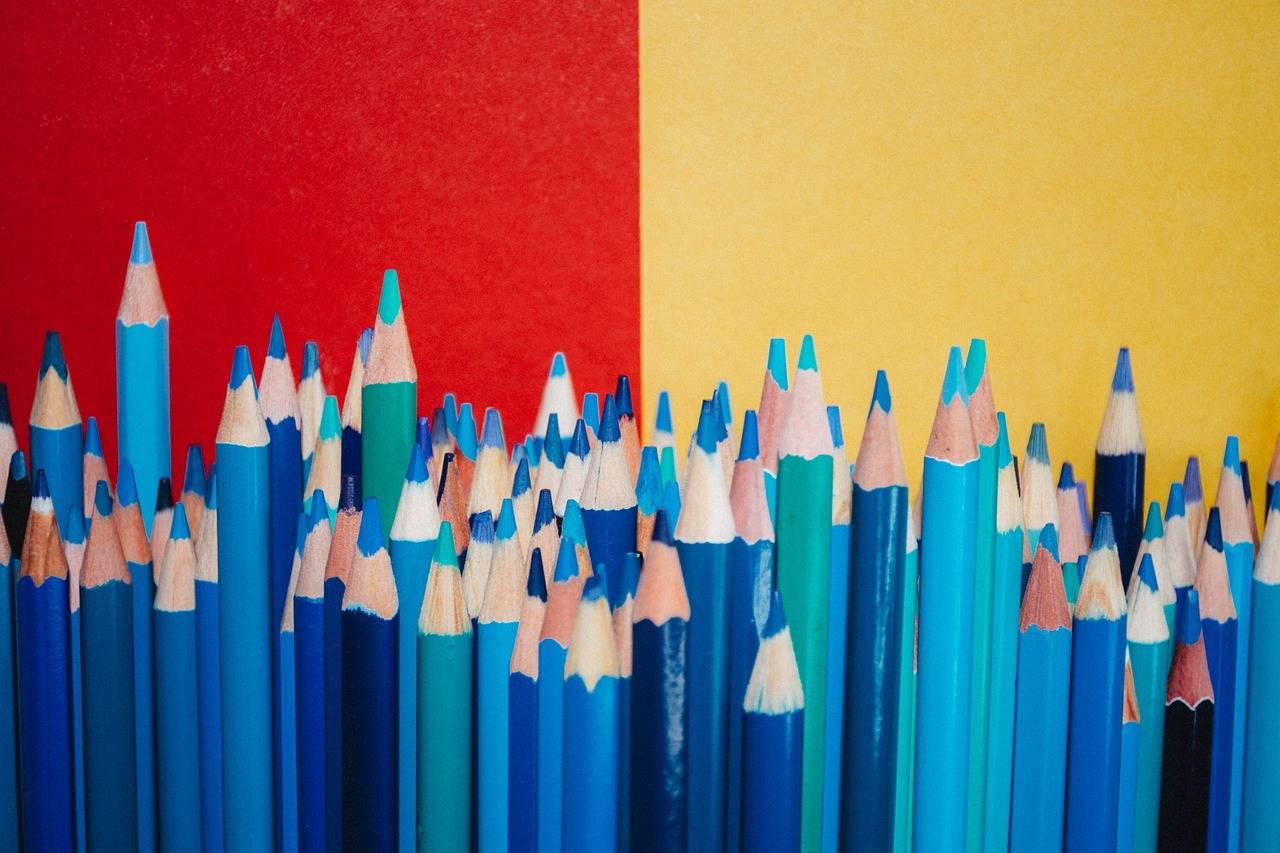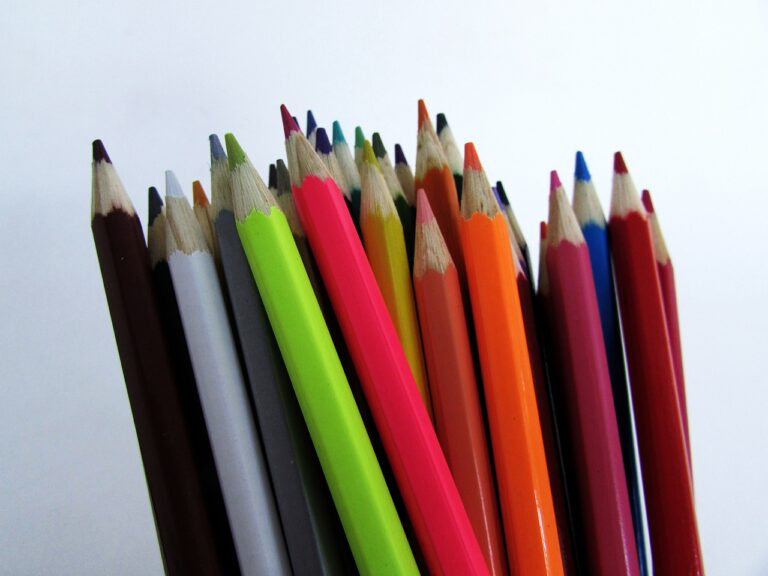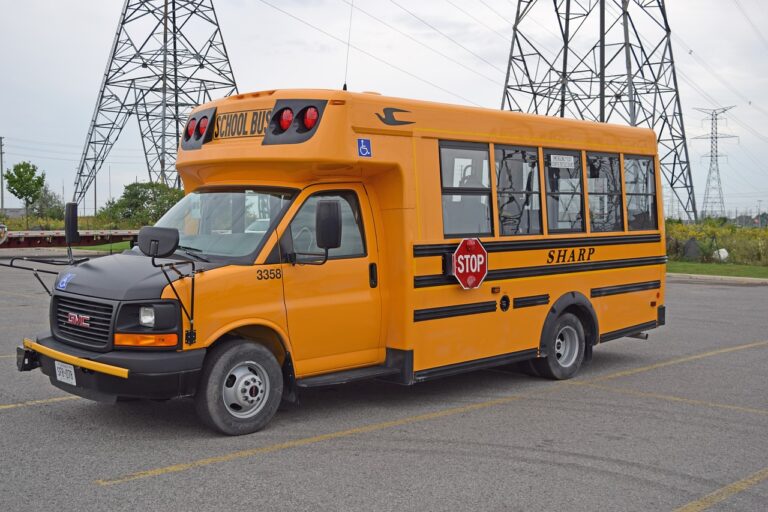The Future of Standardized Testing
Traditional standardized testing has long been a cornerstone of educational evaluation, yet it faces criticism for its limitations. Critics argue that these tests often rely on a one-size-fits-all approach, neglecting the diverse learning styles and abilities of students. Moreover, the emphasis on high-stakes testing can lead to a narrow focus on test preparation, detracting from the holistic development of students.
Additionally, traditional standardized tests may not accurately capture the full spectrum of a student’s knowledge and skills. Factors such as test anxiety, cultural biases, and socioeconomic disparities can significantly impact test performance, leading to results that may not reflect a student’s true capabilities. This has raised concerns about the equity of standardized testing and its potential to perpetuate educational inequalities.
Alternative Assessments in Education
Educators are increasingly turning to alternative assessments in education to provide a more holistic view of students’ learning progress. By utilizing methods beyond traditional standardized tests, such as project-based assessments, portfolios, and presentations, teachers can gain deeper insights into students’ critical thinking skills, creativity, and problem-solving abilities. These alternative assessments also allow students to demonstrate their learning in a more authentic and engaging way, fostering a deeper understanding of the material being covered.
Furthermore, alternative assessments promote a more inclusive and diverse approach to evaluating student performance, as they can accommodate different learning styles and preferences. By offering a variety of assessment methods, educators can better cater to the individual needs of students and provide a more accurate representation of their knowledge and skills. This shift towards alternative assessments reflects a growing recognition of the limitations of traditional standardized testing and a commitment to creating a more equitable and effective educational system.
What are some challenges of traditional standardized testing?
Some challenges of traditional standardized testing include limited scope in assessing students’ true abilities, emphasis on memorization and regurgitation of information, and pressure on students to perform well.
What are alternative assessments in education?
Alternative assessments in education refer to non-traditional methods of assessing students’ knowledge and skills, such as performance tasks, portfolios, projects, and presentations.
How do alternative assessments differ from traditional standardized testing?
Alternative assessments differ from traditional standardized testing in that they focus on students’ ability to apply knowledge, think critically, solve problems, and demonstrate skills in real-world contexts, rather than just memorizing facts and regurgitating information.
What are some benefits of using alternative assessments in education?
Some benefits of using alternative assessments in education include providing a more holistic view of students’ abilities, fostering deeper learning and critical thinking skills, promoting creativity and innovation, and reducing the negative impact of high-stakes testing on students’ mental health.
How can educators incorporate alternative assessments into their teaching practices?
Educators can incorporate alternative assessments into their teaching practices by designing authentic assessments that align with learning objectives, providing students with clear expectations and guidelines for assessment tasks, and providing meaningful feedback to help students improve their performance.





